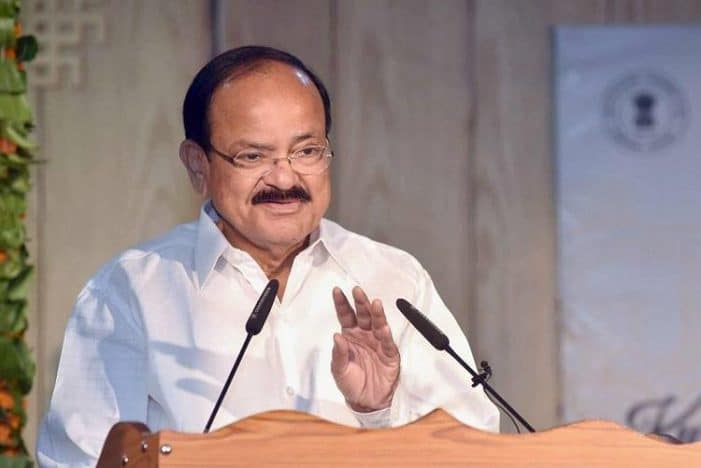When a child enters the portals of a school for the first time, he looks for something similar to his home which has a warm, welcoming environment, to feel secured. At Little ONE we ensure this. Once the child is feeling secured then there is active learning taking place, says Marina Cyril, Principal, Little ONE – The Jaipuria Preschool, Kanpur, in an interview with Elets News Network (ENN).
What are the measures required to bring the Indian preschool education sector at par with the global standards?

Children by nature are enthusiastic and curious. They are eager to explore and play provided they get a scope to do this. It is essential that in preschools the focus should shift to make our students self expressive and critical thinkers rather than products of rote memorization. A lot of learning through playful activities should be encouraged. Though it is messy but it takes them to unknown territories. Child development should be initiated through active play across all domains i.e. physical, cognitive, social & emotional. Ageappropriate activities such as structured hands on learning, group story-time and themed activities should become the base of the curriculum.
How do preschools help in the growth of children and what are the basic principles that Little ONE The Jaipuria Preschool adopted to be a successful preschool brand?
When a child enters the portals of a school for the first time, he looks for something similar to his home which has a warm, welcoming environment, to feel secured. At Little ONE we ensure this. Once the child is feeling secured then there is active learning taking place. There is a lot of emphasis on building the overall personality of a child with focus on learning social skills in a group setting. Everyday is a blend of songs, stories, outdoor activities, art, skating, football, dance etc. We lay our full trust in every child and with a positive approach try to bring about a positive change.
Most of the activities are theme based and children thoroughly enjoy the practical knowledge imparted. Activities like drive to the river side, biscuit factory, sitting with friends and savouring the ice lollies, nature walk, observing simple science experiments give a learning environment to our children. Music and movement classes help a lot in developing motor skills. Actions like Finger play stories make children build upon their conversation skills and be expressive.
In this modern era of innovations, what special methodologies have been adopted by Little ONE, The Jaipuria Preschool for students’ holistic development?
We at Little ONE believe that the early years of children are most important as they lay the foundation to form their character. Therefore we provide diverse experience of learning and adopting social skills which will be required in the years ahead. We know that the brain development is highest in the first four years of a child. Children at this age are very good learners and want to seek new information. Hence, we have ensured that our curriculum is rich of relevant content and appropriate information & materials. We have worked on a curriculum which is eclectic and combination of best methodologies.
The curriculum is based on thematic units through which the teachers construct an integrated approach to learning, thereby leveraging the early childhood domains. We believe that children gain a deeper understanding when they make connections across multiple domains. For example, if we take the theme to be ‘Monsoon’, the vocabulary building words would be related to this season. Word problems could be related to insects found during the monsoon. The rhymes / songs for the month would also be based on the theme.
What is the importance of technology for effective lecture delivery and better learning outcomes among kids?
“People generally remember 10% of what they read, 20% of what they hear, 30% of what they see, and 50% of what they see and hear.” Combining the senses, therefore, is of benefit to students of all learning styles. During the preschool years, young children are actually developing a sense of taking initiative and enhance creativity. They are curious about the world around them and about learning. They are exploring their ability to create and communicate using a variety of media. Digital technologies provide one more outlet for them to demonstrate their creativity and learning. These digital technologies can be handy to celebrate children’s accomplishments being displayed on a digital projector or on a school website. Digital activities include recording of children’s stories about their drawings or their games, making digital audio or video files to document their progress, exploring digital story telling with them, co-creating digital books with photographs of children’s game or creative work and attaching digital-audio files with the child as a narrator. The Smart Board technology too ensures better engagement and understanding.
What is the vision of the preschool?
We aim to nurture happy and confident children by providing child centric learning. Our endeavour is to promote creativity, environmental sensitivity and academic excellence. We help inculcate a spirit of lifelong learning, for our children to become effective agents of change.
































